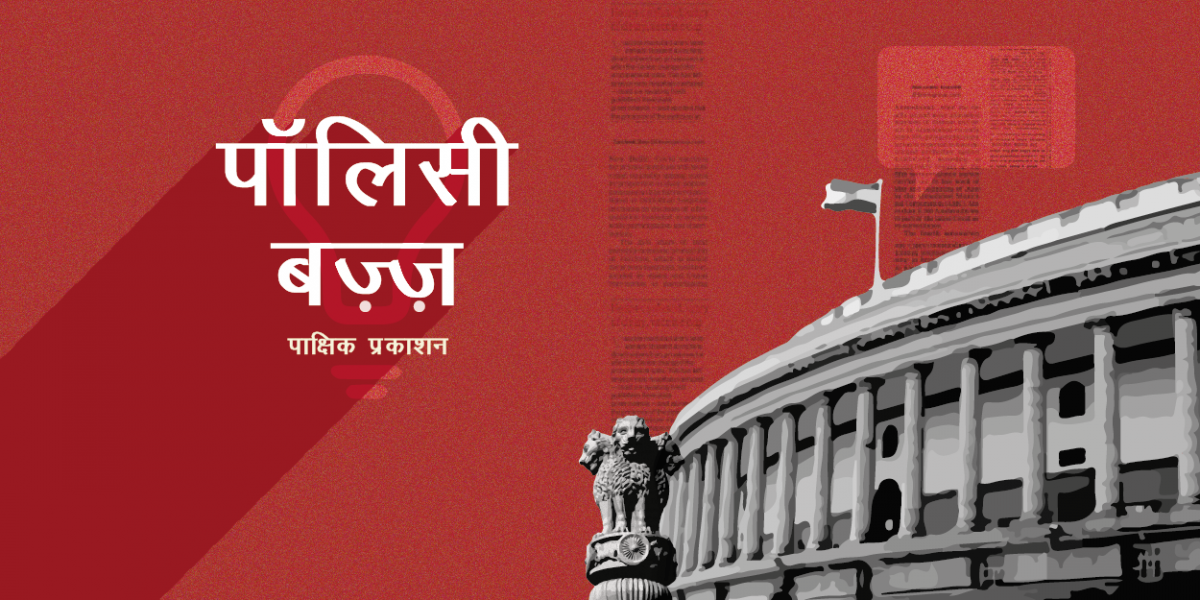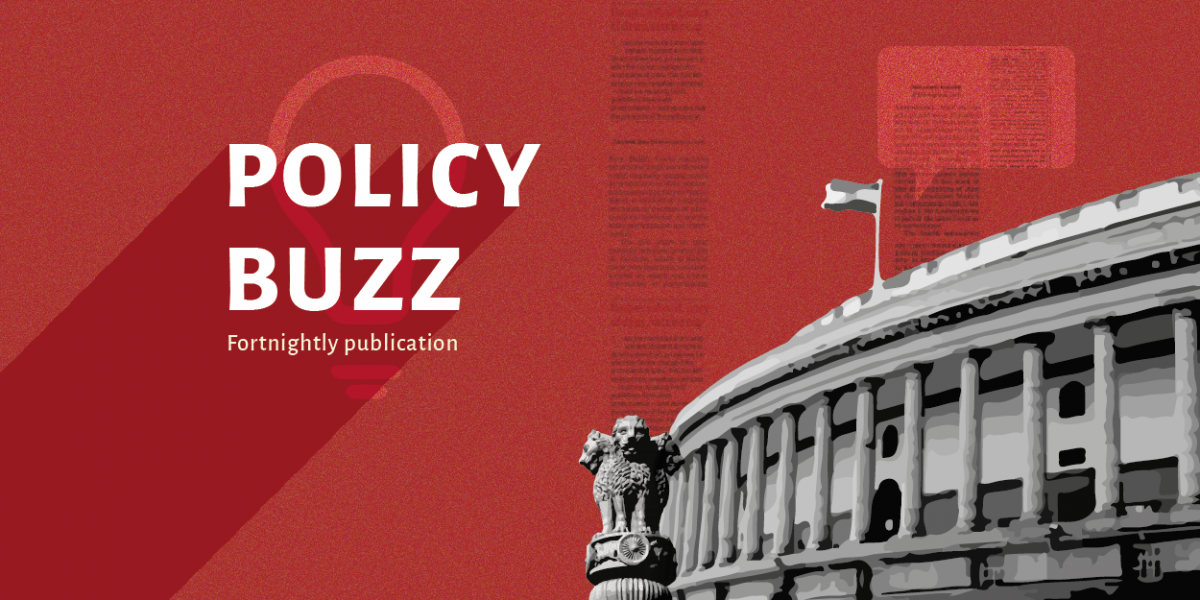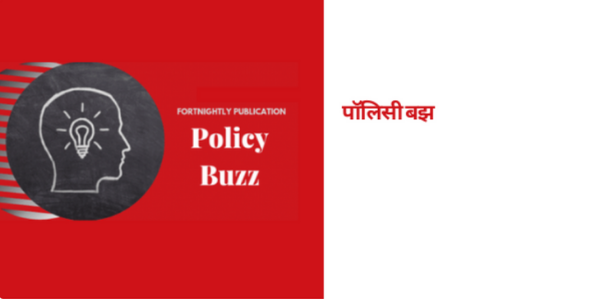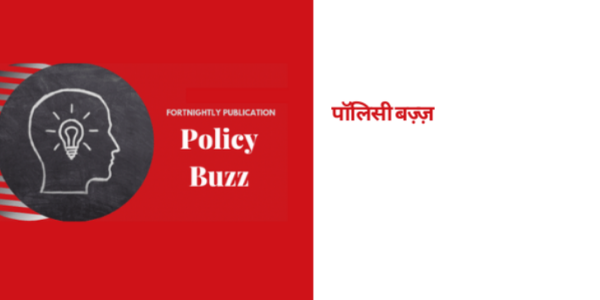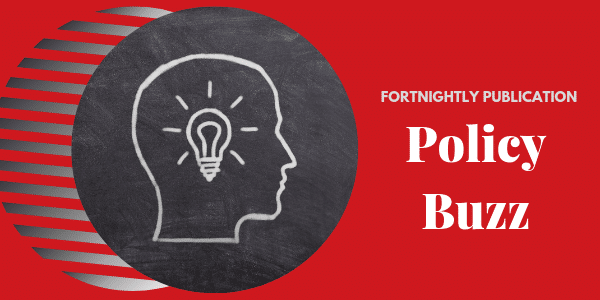Every now and then, across India’s currently dormant urban civil society, there is a buzz that something good is about to happen soon. I was part of one such awakening, where the government – one need not mention which one; a state or the Union government – sought the help of civil society groups in creating an information portal on the internet.
The idea of an information portal is one that rises like a phoenix from the ashes of previous efforts, with unfailing regularity. It is typically born from the efforts of one or two good bureaucrats in the system – sometimes the same bureaucrat over and over again – to fulfill the promise that the government will henceforth be transparent.
These efforts also follow a predictable pattern. Civil society is asked what they need, meetings are held, portals are inaugurated with great fanfare.
And then they fail.
The information portal, I mean.
Why does this happen? There are several reasons.
First, while some individuals in the government sincerely want change and want real transparency, the government, by and large, doesn’t want it. Furthermore, there is a delightful hypocrisy – delightful because it is based on transparent double standards – in how different wings of the government interpret the idea of transparency. Primarily, it is for others to follow, but not for themselves.
So, for instance, the finance secretary holds meetings and delivers homilies to other departments to make available all information, while it will hold all its information — where the money comes from, where it goes, when, to whom and why, close to its chest.
Second, those who drive information transparency in the government have never used information all their lives. So they have no clue what information is important and how it needs to be provided.
Third, civil society itself is often clueless as to what it needs to do with information. The principle that information ought to be transparently provided is one they hold dear to their hearts. But they often don’t know how to use information to hold the government to account.
Fourth, government knows that it can never be held accountable. There are many ways available to the government now to divert attention from its failures. There are short-lived sensational news, jingoism, social media wars, cricket matches that can be used profitably to pull the wool over peoples’ eyes.
There is also the problem that once the event of opening a government information portal is over, or when a certain process is IT-enabled, the government declares a premature victory and moves on. This happens time and time again in departments known to be corrupt.
Conversations with a friend of mine are informative. He is a cynic with whom I constantly have wrangles because I argue that the government can improve and he responds with cheerful stories of how he was forced to pay bribes for this and that. We spoke recently about his experiences in dealing with the registration department to obtain a certain certification.
I had told him with some happiness and relief that the registration department, considered to be chronically and incurably corrupt, had introduced some far-reaching reforms that had the potential to considerably reduce corruption. I mentioned to him that an honest officer had introduced online payment of the registration fee for documents. Online formats had been introduced for the usual transactions such as sale deeds, which could be downloaded and used by customers of the service. Once equipped with the document required and having paid the registration charges online, getting one’s transactions registered would be a piece of cake, I assured him.
To my surprise, he shed his cynicism and tried to undertake his transactions that way. He came across the typical, usually successful hindrance that reduces every online effort to naught.
The password and captcha challenge.
It turned out that the website where one could begin the process of registering one’s transactions required each customer to create a password. The system first assigns the customer a password, which has to be used to enter the site. Then, a new password has to be created by the customer.
In the password assigned by the system to my friend, there were both zeros and ‘O’s. That led to my friend trying every possible permutation and combination of entering the assigned password before he was able to pass through the pearly gates of the site into electronic paradise.
Then, while creating his own password, he was tersely informed that his password needed to meet a complex range of conditionalities. It needed a capital letter, a numerical, a symbol, and so on. Needless to say that when his password, resembling a corner of an obscure mathematical theorem, was entered, the system crashed.
After the twenty-third try, when my friend’s password was accepted, he needed to tackle the captcha challenge. The captcha was obscured by a psychedelic grid of shimmering lines and had the ‘zero’ and ‘O’ problem to solve, for good measure. It took him an hour of struggling to cross the captcha hurdle.
After that, happily, the site gave in without a fight and my friend got what he wanted.
That made me feel good, but I reflected. How many people actually use the website to obtain their services? How many of them prefer to listen to their agent; or the builder’s agent, whilst registering their properties and paying ‘transaction charges’, which are nothing but a euphemism for corruption?
Things will not change merely by civil society being co-opted by the government to hastily sign off approval on shoddily put together portals. As long as citizens remain naïve and submissive, information portals will remain a sham. Websites can change as much as they want, they have little effect if human behavior does not change.
T.R. Raghunandan is an Advisor at Accountability Initiative.
Also Read: The 2 Big and Emerging Ideas on Accountability


